What is Harper’s Law?
Killing emergency workers to carry life sentence following campaign by police officer’s widow
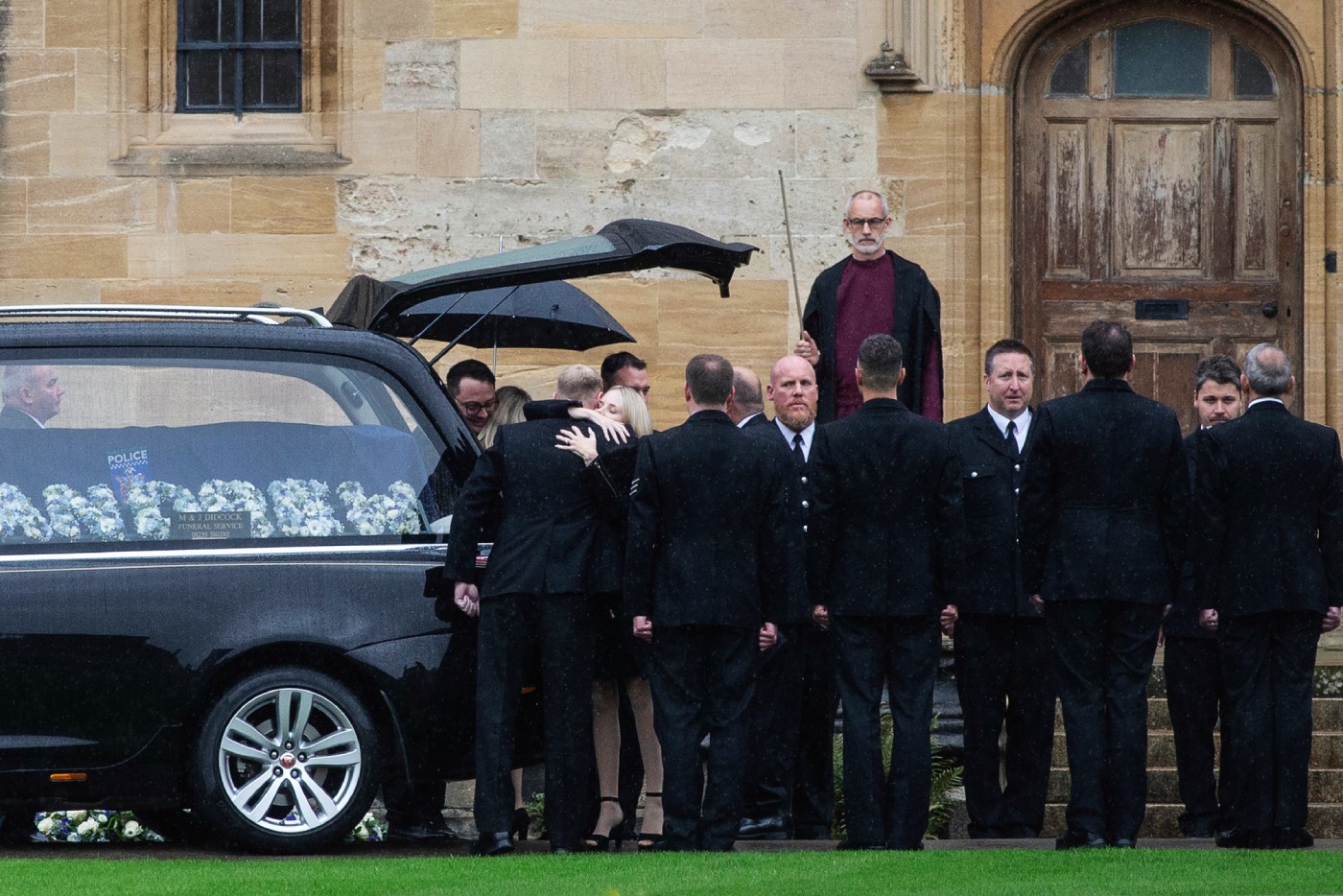
A free daily email with the biggest news stories of the day – and the best features from TheWeek.com
You are now subscribed
Your newsletter sign-up was successful
Offenders whose crimes result in the death of emergency service workers in the line of duty will receive mandatory life sentences under a new law being introduced by the government
The Ministry of Justice said today that Harper’s Law, named after police officer Andrew Harper, would be passed “as soon as possible”, following a campaign by his widow. Welcoming the announcement, Lissie Harper said that her late husband “would be proud to see Harper’s Law reach this important milestone”.
PC Andrew Harper was 28 and recently married when he was “dragged down a winding country road” by a car while responding to a quad bike theft by a trio of teenagers in August 2019, said The Guardian. He died from his injuries after his foot became tangled in a tow rope attached to the car as the teenagers made their getaway in the Berkshire village of Sulhamstead.
The Week
Escape your echo chamber. Get the facts behind the news, plus analysis from multiple perspectives.

Sign up for The Week's Free Newsletters
From our morning news briefing to a weekly Good News Newsletter, get the best of The Week delivered directly to your inbox.
From our morning news briefing to a weekly Good News Newsletter, get the best of The Week delivered directly to your inbox.
Henry Long, 19, was sentenced to 16 years in July last year after pleading guilty to manslaughter at the Old Bailey, while Jessie Cole and Albert Bowers, both 18, were each jailed for 13 years. The Court of Appeal rejected a bid by the attorney general to increase their sentences.
Harper’s widow told reporters that she had been “shocked and appalled” that the teens were cleared of murder and felt “let down” when senior judges refused to extend their prison sentences. She launched a campaign for mandatory life sentences for such killers, with more than 750,000 people signing a petition backing the proposal.
Following the law change, life sentences will “apply to manslaughter of emergency service workers in nearly all circumstances”, The Times reported, “even in cases where the accused may not have had the intent to kill”.
Under the legislation, Harper’s killers would have received a mandatory life sentence on conviction of manslaughter and would have had to appear before a parole board before they would become eligible for release.
A free daily email with the biggest news stories of the day – and the best features from TheWeek.com
Ministry of Justice (MoJ) sources told The Telegraph that there would be scope for judicial discretion in “exceptional” circumstances. For example, a drunk or careless driver who killed a police officer could face prosecution under the new law, but “if it was careless driving and it was low culpability, the judge might think a mandatory life sentence is too harsh”, according to an insider.
The reform will apply to the killings of police officers, paramedics, firefighters and prison guards, and will go on to the statute book via an amendment to the Police, Crime, Sentencing and Courts Bill. It is likely to become law in early 2022.
Priti Patel said that she was “proud to be able to honour Andrew’s life by introducing Harper’s Law”. Thanking his widow for her campaigning efforts, the home secretary added that people who sought to harm emergency workers represented the “worst of humanity”.
“It is right that future killers be stripped of the freedom to walk our streets with a life sentence,” Patel said.
-
 The EU’s war on fast fashion
The EU’s war on fast fashionIn the Spotlight Bloc launches investigation into Shein over sale of weapons and ‘childlike’ sex dolls, alongside efforts to tax e-commerce giants and combat textile waste
-
 How to Get to Heaven from Belfast: a ‘highly entertaining ride’
How to Get to Heaven from Belfast: a ‘highly entertaining ride’The Week Recommends Mystery-comedy from the creator of Derry Girls should be ‘your new binge-watch’
-
 The 8 best TV shows of the 1960s
The 8 best TV shows of the 1960sThe standout shows of this decade take viewers from outer space to the Wild West
-
 School disputes: a police matter?
School disputes: a police matter?Talking Point Cowley Hill lodged a police complaint against parents who criticised its recruiting process for a new head
-
 The UK 'spy cops' scandal, explained
The UK 'spy cops' scandal, explainedThe Explainer Undercover police targeting activist groups conducted intrusive surveillance, with some even embarking on relationships under assumed identities
-
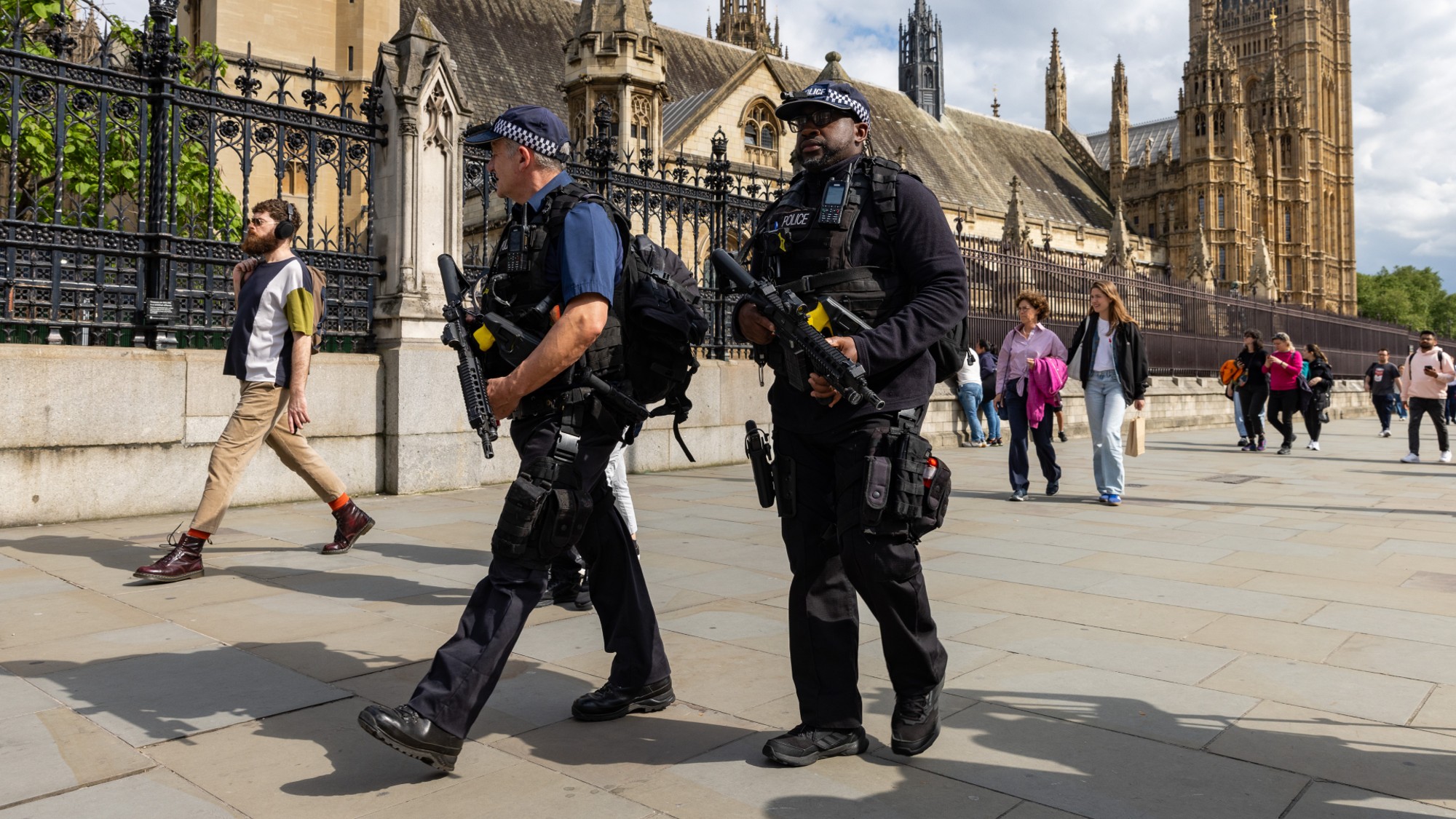 The rules for armed police in the UK
The rules for armed police in the UKThe Explainer What the law says about when police officers can open fire in Britain
-
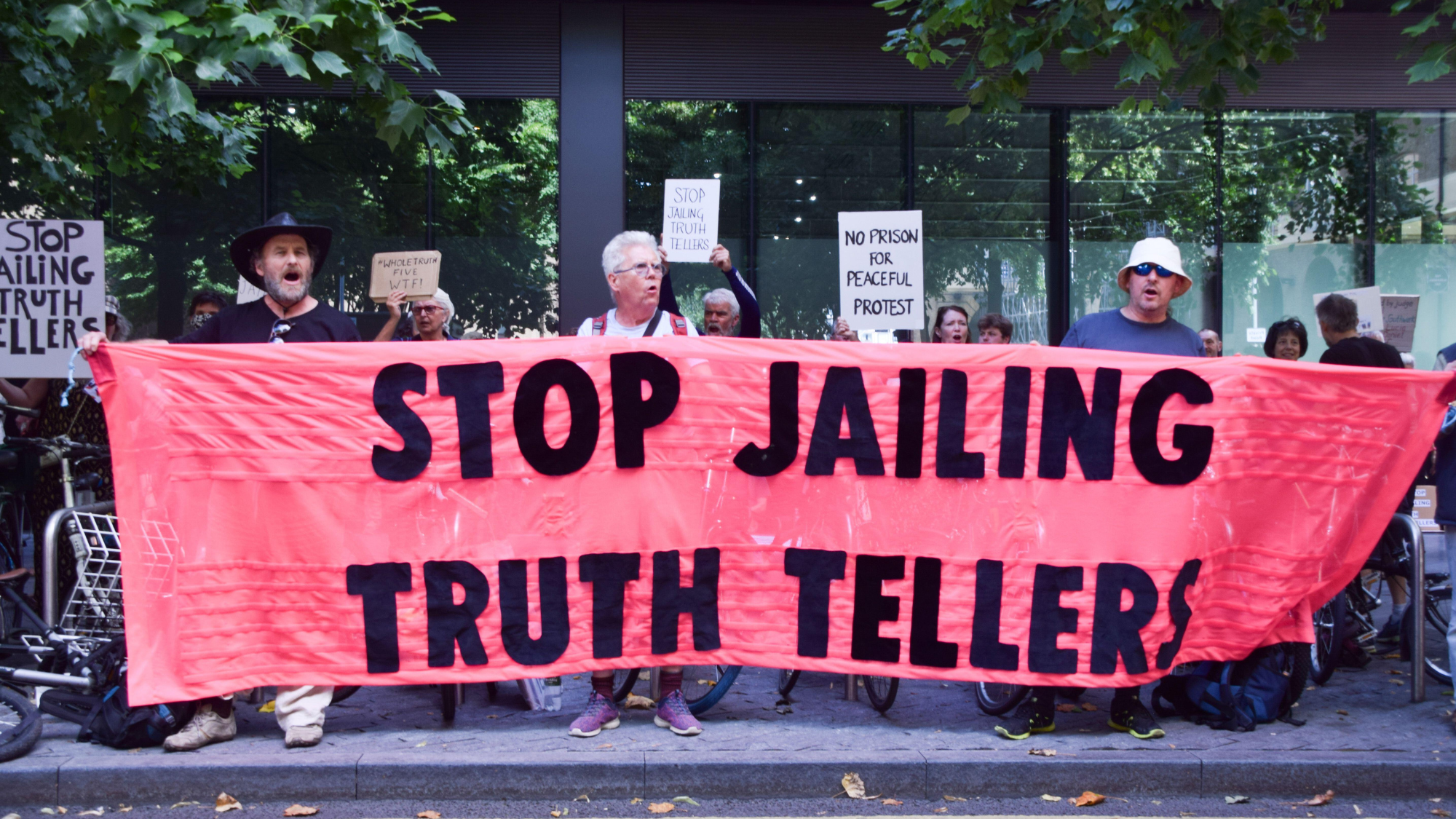 The Just Stop Oil five: 'fanatics' or victims of anti-protest authoritarianism?
The Just Stop Oil five: 'fanatics' or victims of anti-protest authoritarianism?In the Spotlight Climate protesters handed longest-ever prison sentences for peaceful protest
-
 Will South Africa's genocide case against Israel stop war in Gaza?
Will South Africa's genocide case against Israel stop war in Gaza?Today's Big Question The claim is 'tightly argued' but ICJ's rulings are often ignored
-
 Anti-racism policing unit is accused of racism
Anti-racism policing unit is accused of racismSpeed Read Police Race Action Plan criticised for treating minority staff members as ‘troublemakers or difficult’
-
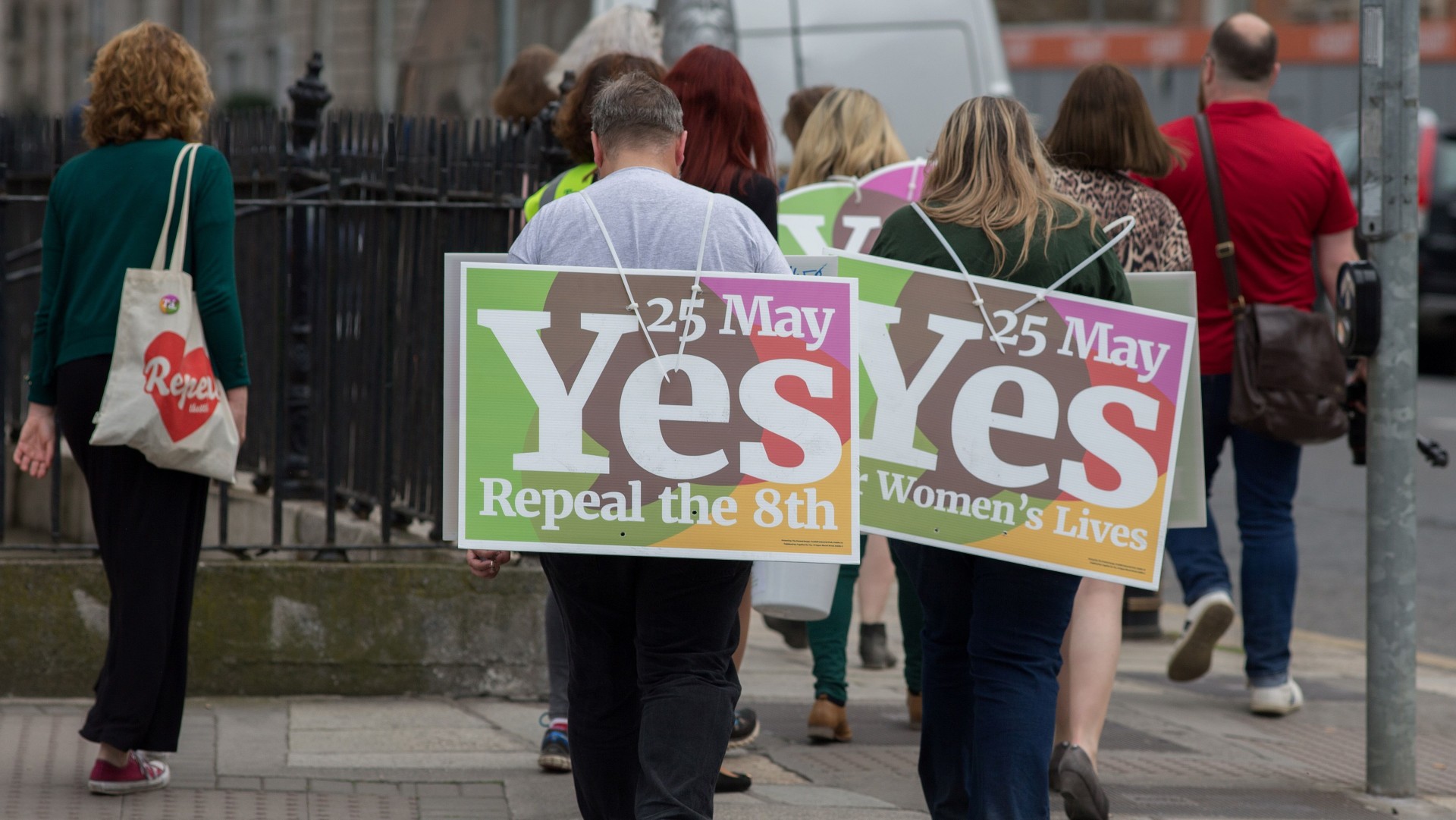 Repeal the Eighth: how have abortion services changed in Ireland five years on?
Repeal the Eighth: how have abortion services changed in Ireland five years on?Today's Big Question Report finds access is still limited and unequal, but proposed legislation changes may be delayed
-
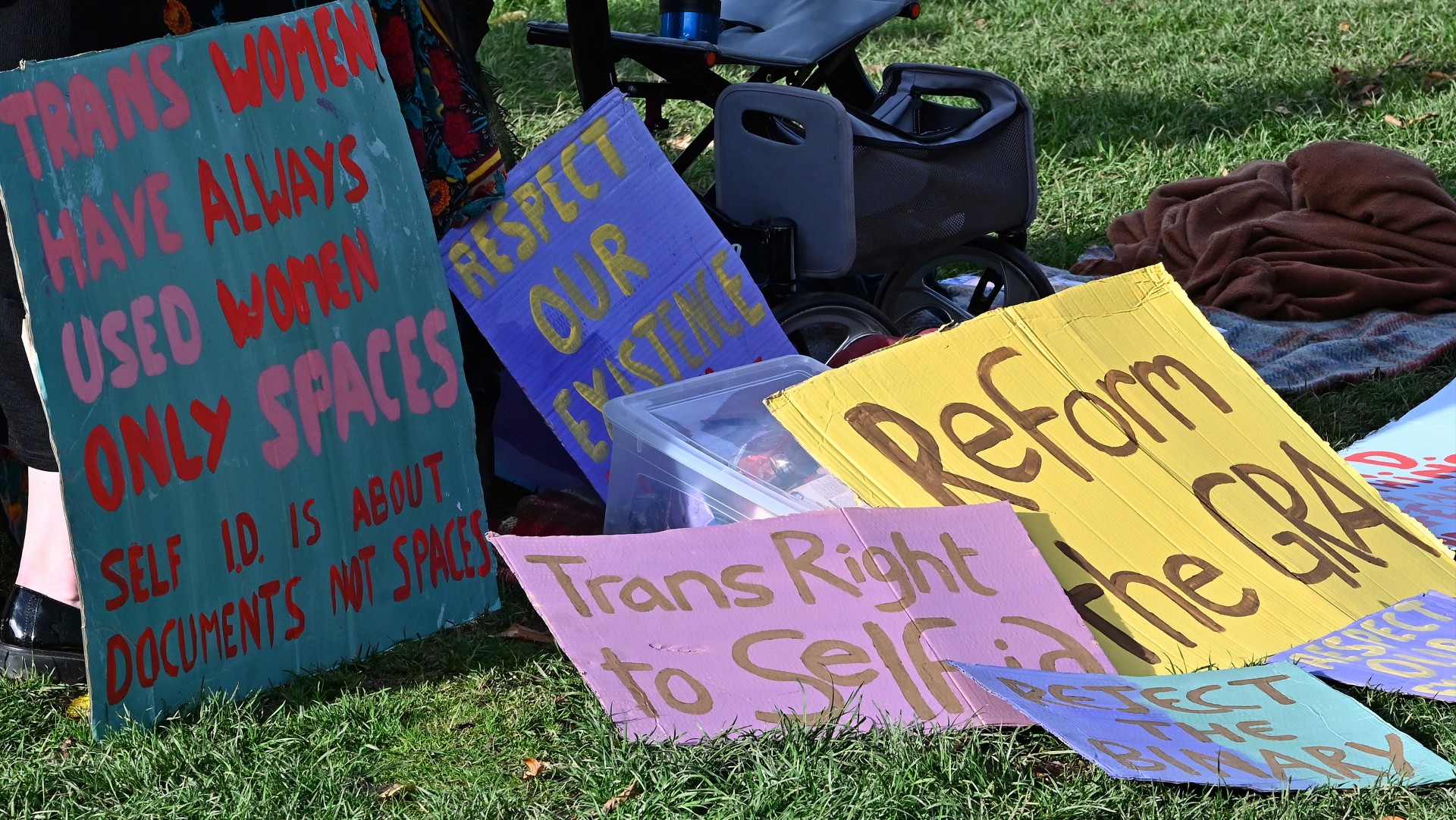 Battle of Britain: will Rishi Sunak block Scotland’s gender recognition law?
Battle of Britain: will Rishi Sunak block Scotland’s gender recognition law?Today's Big Question Prime minister reportedly set to use constitutional ‘nuclear option’ in showdown with Holyrood over the legislation